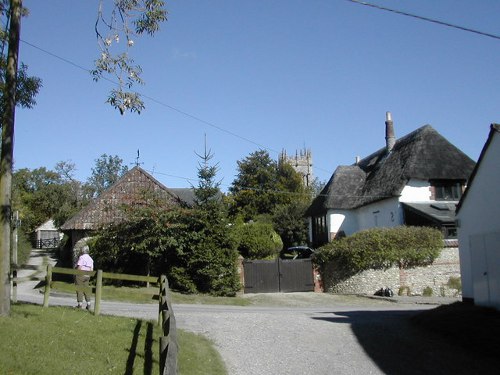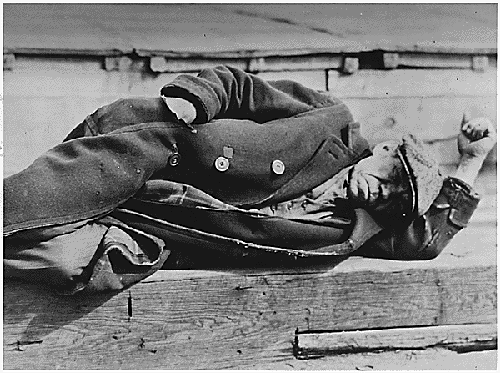One morning in 1727, York pubkeeper Hannah Williams found that her writing desk had been opened and a sum of money stolen. As waiter Thomas Geddely disappeared at the same time, there was little doubt as to the robber.
Twelve months later, a man calling himself James Crow arrived in York and took a job as a porter. The townspeople immediately accosted him as Geddely, but he insisted that he didn’t know them, that his name was James Crow, and that he was new to York.
Williams was called for, instantly identified him as Geddely, and accused him of robbing her. The man protested his innocence before a justice of the peace but had no alibi and admitted to a history as a vagabond and a petty rogue. At the trial a servant testified that she had seen him at the robbery scene with a poker in his hand. He swore again that his name was James Crow but was convicted and executed.
Some time later Thomas Geddely was arrested in Dublin on a robbery charge. While in custody he confessed to the robbery at York. A York resident who was visiting Ireland at the time declared that the resemblance between the two men was so great “that it was next to impossible for the nicest eye to have distinguished their persons asunder.”
See Mistaken Identity.



